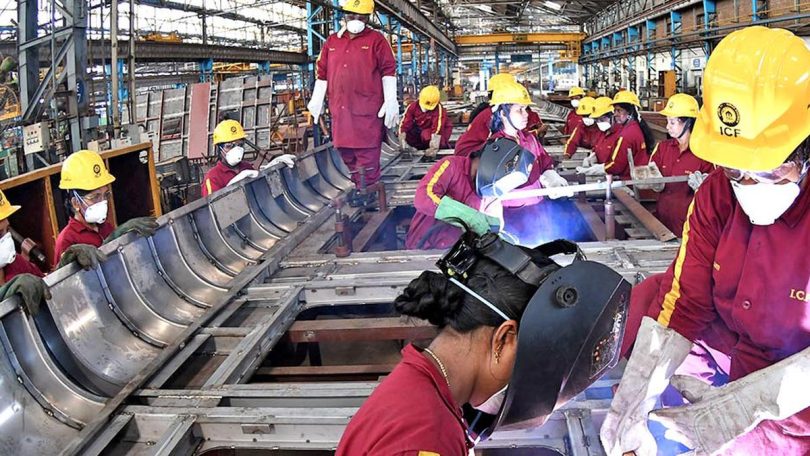[ad_1]
The Finance Minister had, during the Budget speech on February 1, 2022, said: “The Special Economic Zones Act will be replaced with a new legislation that will enable the States to become partners in Development of Enterprise and Service Hubs”. It was several months later when the last few words of the quote translated into a Bill titled “DESH.”
Upon a deeper dive, the devil within the details have emerged.
The pertinent question is whether a proposed law is capable of being implemented in letter and spirit to fulfil its objectives.
The objective of DESH is “to provide for the establishment, development and management of Development Hubs, including existing Special Economic Zones, as enclaves for the purposes of the promotion of economic activity, employment generation, integration with global supply and value chains and maintenance of manufacturing and export competitiveness, development of infrastructure facilities, promotion of investments, and investment in research and development and for matters connected therewith or incidental thereto”. The first aspect for consideration is the connotation of “Development Hubs”. Included within its ambit are “Enterprise Hubs” and “Services Hubs.” This is an area of potential confusion. What really does the DESH Bill encompass and address?
Reduced focus
As worded, it includes every activity — industrial, manufacturing, technology, services, logistics, financial services centres (GIFT city). Such a wide coverage reduces focus and effectiveness and therefore, the “ability” of the proposed law to be effective.
Who is the primary stakeholder, the Centre or the States? The SEZ regulation of 2005 had “export” as its focus. Under the Constitution (List 1 to the Seventh Schedule), trade and commerce with foreign countries, namely exports, is the domain of the Central Government and the SEZ Act made sense. By redirecting focus from export to establishment, development and management of “Development Hubs”, the proposed legislation extends beyond export and permeates “Industry”, something within the purview of States (List 2 to the Seventh Schedule). Consensus between the Centre and States is critical for success of industrial development. This coordinated effort, that unfortunately has, thus far, worked at cross purposes, often to the detriment of balanced industrial growth. Multiple industrial initiatives (cluster development, industrial parks etc) were floated over the years. For example, the “National Investments and Manufacturing Zones (NIMZ) scheme under the National Manufacturing Policy (NMP) was announced in 2011.
Interestingly, a press release (Release ID 1557424) in December 2018 by the Ministry of Commerce and Industry clarified that the main objective of SEZs is promotion of exports, while National Investments and Manufacturing Zones (NIMZs) are based on the principle of industrial growth in partnership with States and focuses on manufacturing growth and employment generation.
With such emphatic disclosure of the objectives, is not the promulgation of DESH an apparent contradiction? Further, there has been no significant attempt to converge policies and schemes. By 2012, the SEZ regime was lopsided, focussing more on export of IT/ITES services rather than the manufacturing sector. remarkable study by Raavi Aggarwal in November 2019 entitled “Industrial Policies in India: Did they work?” concluded that States implementing two or more industrial policies in the period 2008-2014 witnessed lower employment and Gross Value-Added levels relative to States with no industrial policy in place.
The point is — rather than converging existing policies towards a common economic direction, DESH may not have teeth to correct this directional inconsistency. Even at the federal level, schemes like the EOU and Software Technology Parks of India schemes run parallel and often create conflict.
Export focus
The Industrial (Development & Regulation) Act, 1951 is a central Act that covers a wide list of core manufacturing industries. How the IDR Act and DESH will co-exist is unclear.
With more study, a coordinated repeal of the IDR Act together with the SEZ Act and promulgation of DESH that subsumes the two could be a potential winner. This combines the spirit of the SEZ Act and teeth in the IDR Act and could provide clarity on Central Government accountability.
The writer is a CA, and former Executive Director, PwC
[ad_2]
Source link








